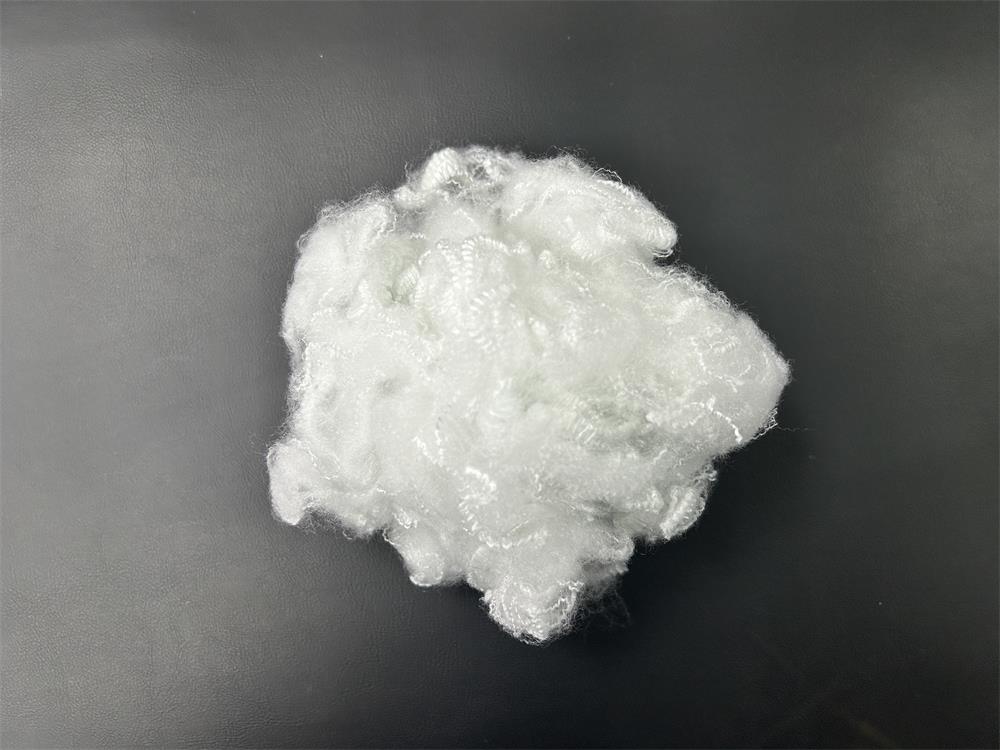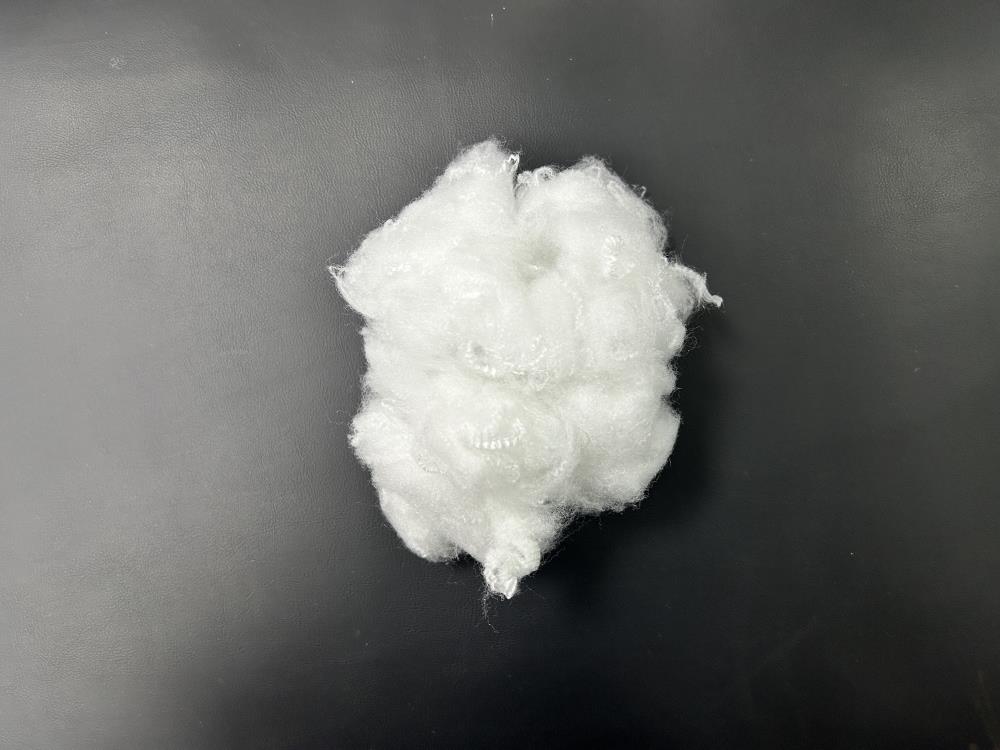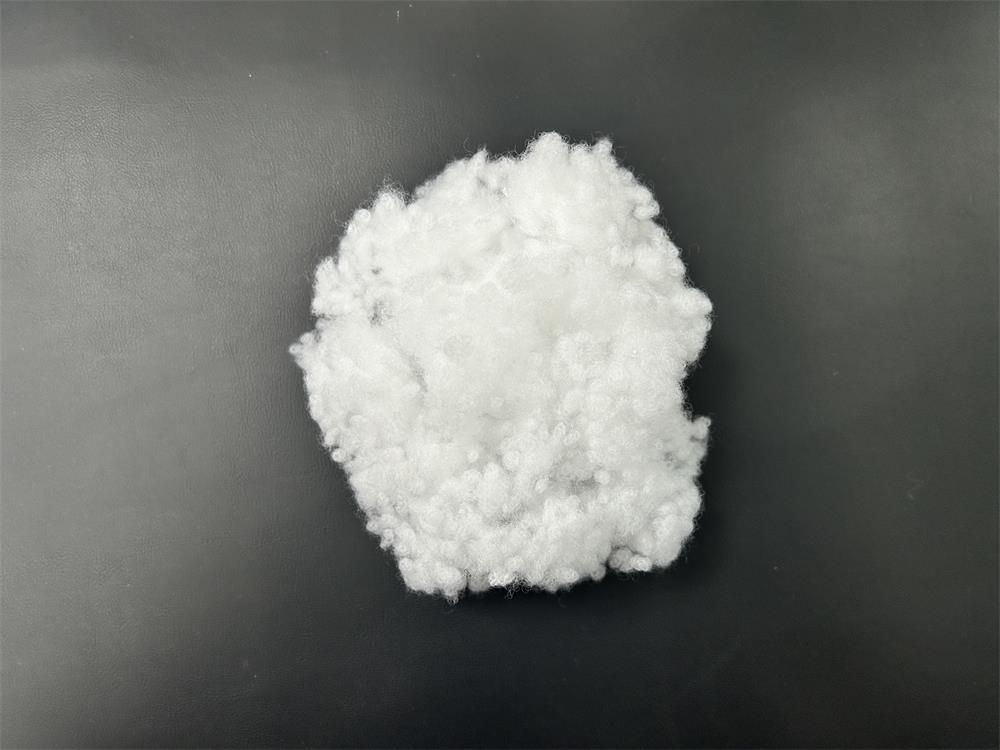In recent years, the fashion and textile industries have faced increasing pressure on their environmental footprint. As concerns about climate change and plastic pollution grow, consumers demand more sustainable alternatives to traditional materials. To meet this growing demand, recycled polyester has emerged as a promising solution, offering environmental benefits and innovative possibilities to designers and manufacturers alike.
The impact of traditional polyester fiber on the environment
Polyester, a synthetic fiber derived from petroleum, has long been a staple in the fashion industry due to its versatility, durability and affordability. However, its production process is energy-intensive and relies heavily on non-renewable resources. Additionally, virgin polyester is not biodegradable, meaning clothing made from this material contributes to a growing textile waste problem.

But what makes recycled polyester a game-changer? Let’s take a closer look at the transformative potential of recycled polyester:
1. Environmental protection performance of recycled polyester fiber: Traditional polyester production relies heavily on fossil fuels and consumes high energy. In contrast, recycled polyester alleviates these problems by diverting plastic waste from landfills and oceans, thereby reducing pollution and conserving natural resources. The use of recycled polyester represents a tangible step towards a circular economy, where materials are continuously recycled and reused rather than thrown away after a single use.
2. Energy efficiency of recycled polyester fiber: The manufacturing process of recycled polyester consumes much less energy than virgin polyester. By utilizing existing materials, the need for energy-intensive raw material extraction and refining can be significantly reduced. Not only will this reduce greenhouse gas emissions, it will also help mitigate climate change by reducing the fashion industry’s overall energy consumption.
3. Recycled polyester fiber can save water: The production of traditional polyester is notorious for its water consumption, often leading to water pollution and water shortages in the production areas. However, recycled polyester requires far less water during production, providing a more sustainable alternative that reduces pressure on freshwater resources and protects aquatic ecosystems.
4. Quality and Durability of Recycled Polyester: Contrary to common misconceptions, recycled polyester maintains the same high quality standards as virgin polyester. Garments made from recycled polyester offer comparable durability, strength and performance, ensuring sustainability does not come at the expense of product quality or longevity. This makes it a versatile option for a variety of fashion applications, from sportswear to outerwear.
5. Recycled polyester has consumer appeal: As sustainability continues to drive purchasing decisions, brands that incorporate recycled polyester into their product lines will gain a competitive advantage. Eco-conscious consumers are increasingly attracted to brands that prioritize environmental responsibility, making recycled polyester not only a sustainable choice but a smart business decision.

The impact of adopting recycled polyester in the fashion industry
As part of their sustainability initiatives, many fashion brands and retailers are increasingly incorporating recycled polyester into their product ranges. From high-end designers to fast fashion brands, companies are recognizing the value of sustainable materials in meeting consumer demand for eco-conscious products. By increasing transparency and investing in innovative technology, these brands are driving positive change within the industry and inspiring others to follow suit.

Challenges and opportunities encountered by recycled polyester fiber
While recycled polyester has many environmental benefits, it also comes with challenges. Concerns have been raised about microfiber shedding during washing, potential chemical contaminants and the need for improved recycling infrastructure. However, ongoing research and development efforts are focused on addressing these issues and further improving the sustainability of recycled polyester fibers.

Conclusion on recycled polyester: towards a circular fashion economy
As we strive to build a more sustainable future, the use of recycled polyester represents an important step in the transition to a circular economy. By reimagining waste as a valuable resource and employing innovative solutions, we can reduce our reliance on finite resources, minimize environmental pollution, and create a more resilient and equitable fashion industry for future generations. Using recycled polyester isn't just about making a greener choice, it's about redefining the way we think about fashion and our impact on the planet.
Post time: Apr-01-2024
